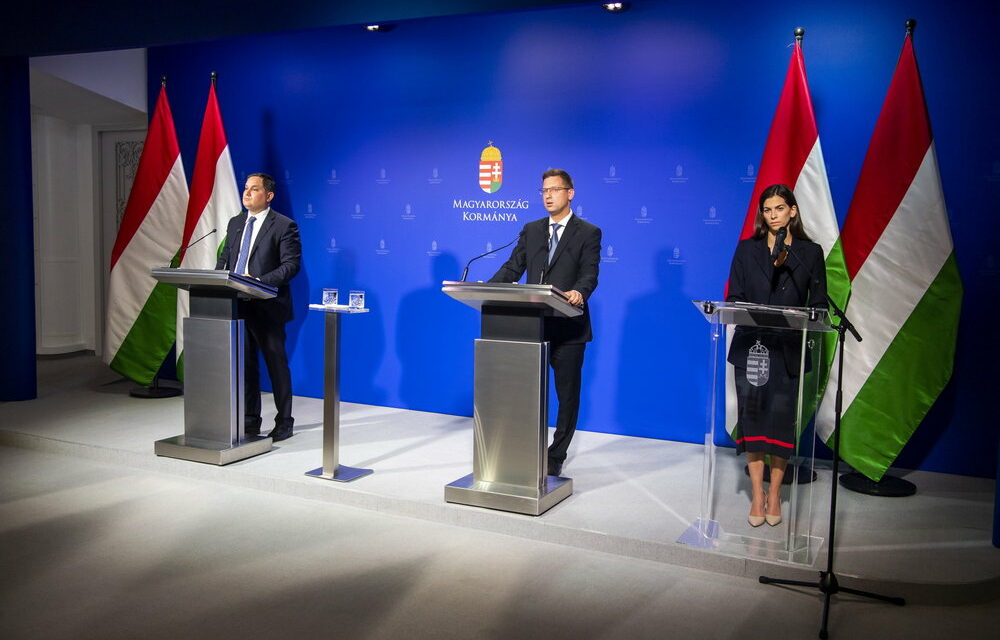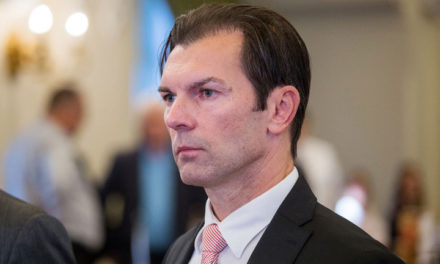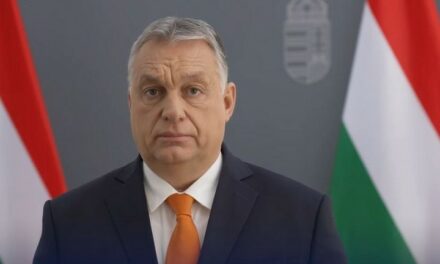The consequences of the Russo-Ukrainian war and the misguided Brussels sanctions policy applied as a result, specifically to the detriment of Europe, threaten the economy of the EU countries with recession, but the Hungarian government is trying to avoid, but certainly to mitigate, the consequences. Rapidly changing circumstances require quick responses, so it will not come as a surprise if the government's latest decisions are announced week after week at an extraordinary press conference. At today's event, in addition to Prime Minister Gergely Gulyás and government spokesperson Alexandra Szentkirályi, Minister of Economic Development Márton Nagy reported on the government's expected steps.
Gergely Gulyás , the head of the Prime Minister's Office, announced that there is sanctioned inflation in Hungary and Europe as well. Due to high energy prices, the price of all products is rising. That is why the government continues the policy of price caps, he added. The interest rate cap is extended to SMEs, the Széchenyi Card Program is extended, and a factory rescue program is also announced.
The interest rate cap for small and medium-sized enterprises applies to loans with variable interest rates. As of June 28, the interest rate is fixed at 7.77 percent. Today the interest rate is 16.69 percent. This will be implemented with a deadline of November 15, and it will be in effect until June 1 next year. In the case of SMEs, 40-45 percent of loans are affected by this step, said Márton Nagy. The extension of the Széchenyi card is also an important step, the interest rate will rise from 3.5 percent to a fixed 5 percent from January 1. In total, six cards remain, he added. The interest subsidy will be paid by the state, but the banks should also be encouraged to offer it. It is important that the SME segment does not fall out of the credit market.
Gergely Gulyás also spoke about the EU summit held this week. There was a proposal on the table that, if accepted, our country would not have had access to gas. This was prevented, he added. The introduction of the price cap would probably not achieve the desired goal, on the contrary, it would threaten to stop gas delivery. If a gas price reduction were to occur, Hungary would also benefit from it, the minister said. He hopes that the EU decisions will contribute to the reduction of prices.
(Header image: MTI)












